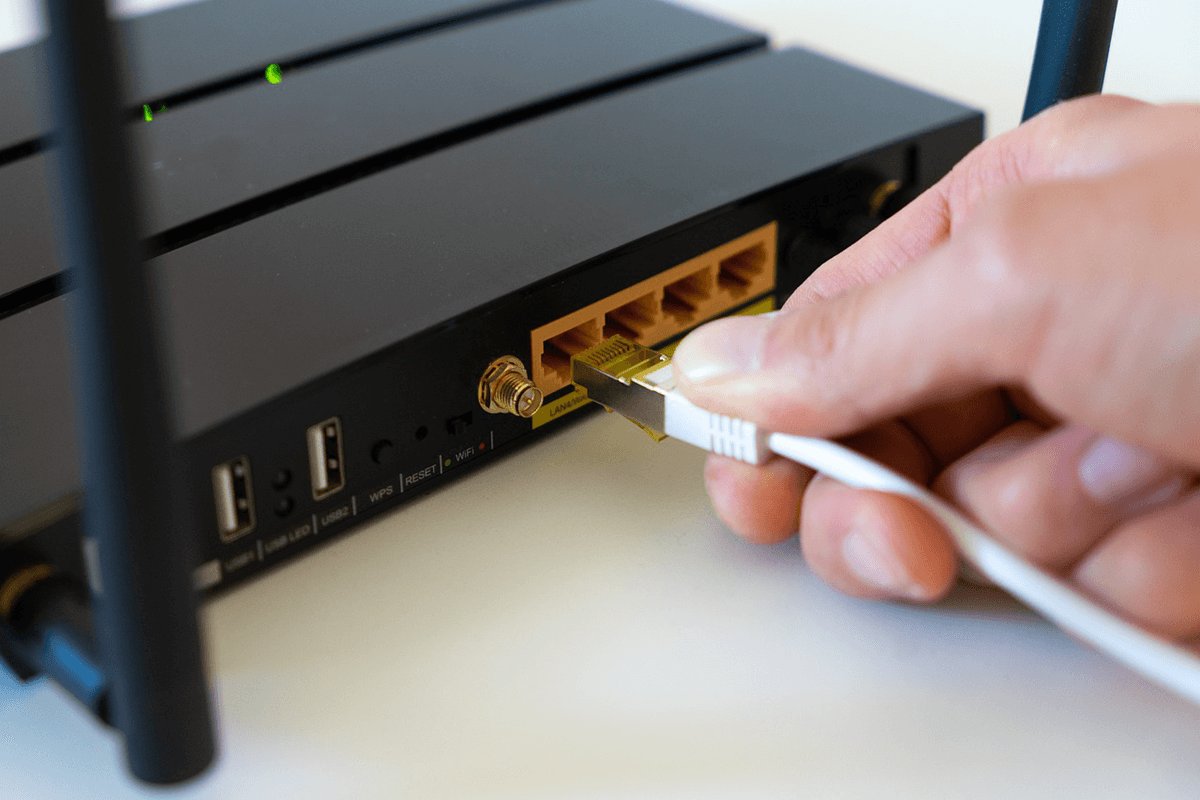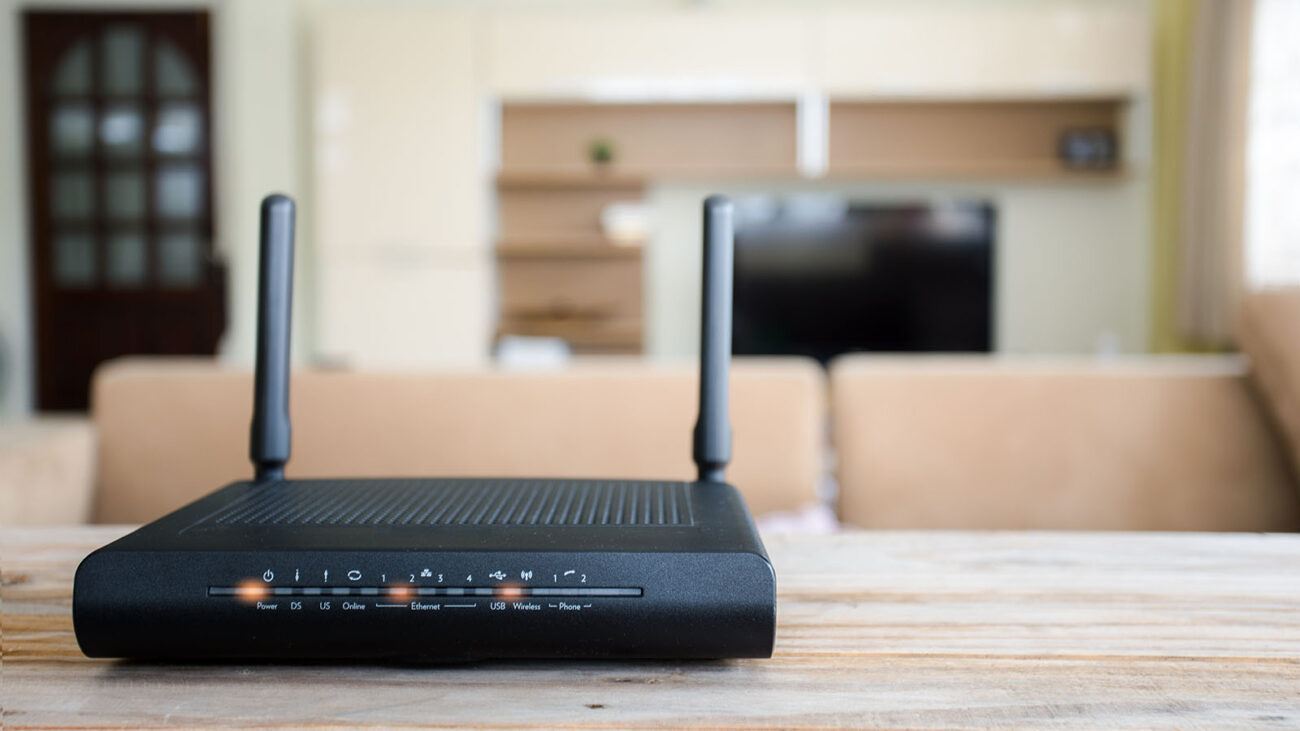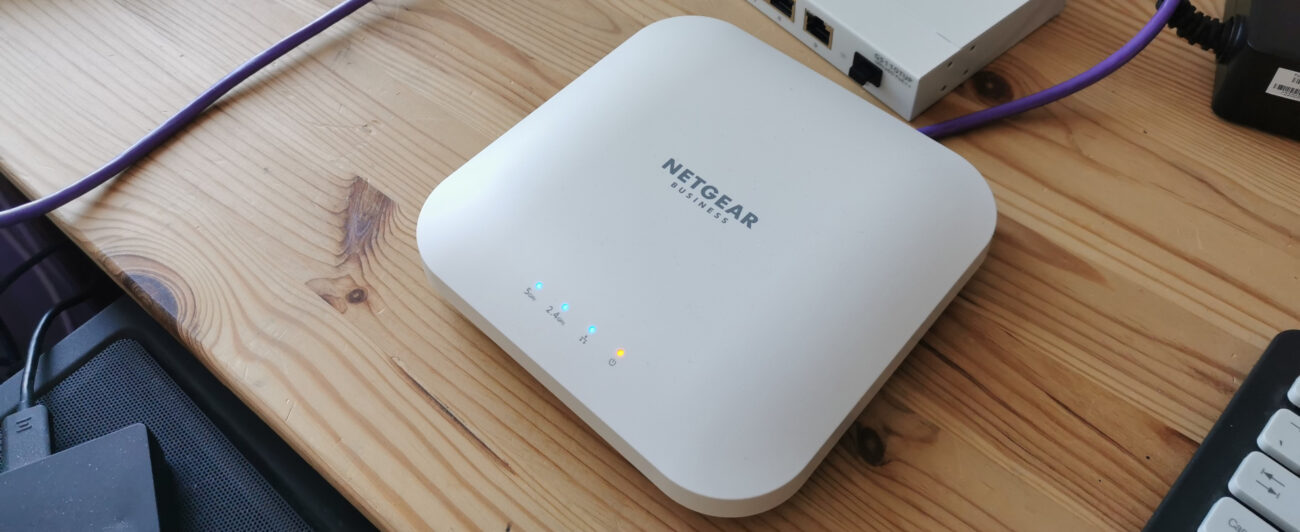How to avoid security risks on public Wi-Fi networks
Wi-Fi users are at risk of hacking, but luckily, there are protections against this. The recent explosion of free public Wi-Fi has been a huge boon for professionals. As these free hotspots are available in restaurants, hotels, airports, bookstores, and even in stores, you always have easy access to your network and your work. That freedom comes at a price, and few people really understand the risks associated with these public Wi-Fi connections. Learn how to protect yourself to ensure your important corporate data stays safe.
The risks of public Wi-Fi
The same features that make free Wi-Fi hotspots great for customers are also attractive to hackers as there is no need for authentication to establish a network connection. This creates a great opportunity for a hacker to gain unlimited access to unprotected devices on the same network.
The biggest threat to free Wi-Fi security is the ability for a hacker to position themselves between you and the connection point. So instead of talking to the hotspot directly, you’re sending your information to the hacker, who can relay it.
During this time, the hacker has access to all the information you are sending over the Internet: important emails, credit card information, and even security credentials for your corporate network. Once it has this information, it can access your systems as if it were you.
Hackers can also use an unsecured Wi-Fi connection to distribute malware. If you allow file sharing over the network, it will be easy for the hacker to plant infected software on your computer. Some clever hackers even have the ability to hack the connection point, causing a pop-up window to appear during its connection process and offering an upgrade to popular software. By clicking on the window, the malware will be installed.
As mobile Wi-Fi becomes more and more common, Internet security issues and public Wi-Fi risks are expected to grow as well. But that doesn’t mean you should stay away from free Wi-Fi and again tether to a desk. The vast majority of hackers go after easy targets, and some care will keep your information safe.
Use a VPN
A virtual private network (VPN) connection is essential for connecting to your business over an unsecured connection such as a Wi-Fi hotspot. Even if a hacker manages to position himself in the middle of your connection, the data will be securely encrypted. Since most hackers look for easy targets, they probably won’t waste time trying to decrypt your information.
Use SSL connections
Even if you don’t have a VPN available to browse the Internet, you can add a layer of encryption to your communications. Enable the “Always use HTTPS” option on websites that you visit frequently or that require you to enter some kind of credential. Hackers know that people reuse passwords, so your username and password on a random forum could be the same as your bank or corporate network, and sending those credentials unencrypted could open the door to a smart hacker. Most sites that require an account or credentials have the “HTTPS” option somewhere in the settings.
turn off sharing
When you’re connected to the Internet in a public place, chances are you don’t need to share information. You can disable sharing in System Preferences or Control Panel, depending on your operating system, or allow Windows to disable it for you by selecting the “Public” option when first connecting to a new, unsecured network.
Turn off Wi-Fi when you don’t need it
Even if you haven’t actively connected to a network, your computer’s Wi-Fi hardware transmits data over networks that are nearby. There are security measures in place to prevent this secondary communication from compromising your data, but not all wireless routers are created equal, and there are very skilled hackers. If you’re using your computer to work on a Word or Excel document, turn off Wi-Fi. As a bonus, you’ll even get longer battery life.
always be protected
Even people who take all the security precautions on public Wi-Fi networks can experience problems from time to time. This is yet another fact of our lives in the digital age. That’s why it’s essential to keep an effective Internet security solution installed and running on your computer. These solutions run periodic malware scans on your files and check for new files as soon as they are downloaded. Top-notch security software should also offer enterprise protection solutions so that you and your servers are protected even when you work away from the office.
In the lifetime of any business traveler, there will come a day when a free, unsecured, public Wi-Fi hotspot is the only available connection, and your job simply has to be done on the spot. Understanding the risks of public Wi-Fi will ensure your important business data doesn’t become just another intrusion statistic.










